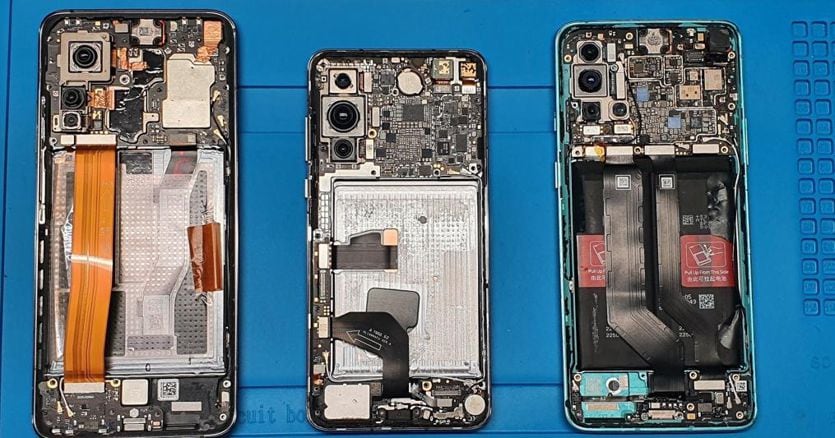In the footsteps of Orwell
In practice, to resume an often cited literary suggestion, if we have become accustomed (or resigned) to considering smartphones – with the set of apps, cookies and various profiling – a sort of big brother of the twenty-first century, here we would do another step towards the imaginary society outlined by George Orwell in “1984”, where even language was gradually transformed into “newspeak”, a form of communication that was weakened or otherwise deprived of the possibility of expressing a critical thought.
The response of the companies
«Huawei – reads a company press release – has always adhered to the principle of integrity, respected the laws and regulations of the countries and regions in which it operates and IT security and the protection of privacy are considered top priorities. The data is never processed outside the device. Huawei is transparent about the necessary data it collects from customers, which is minimized and used to improve the personalization and user experience ».
As for Xiaomi, now the world‘s leading manufacturer together with Samsung, he denied that his phones can be censored or that they jeopardize privacy, emphasizing that they comply with the stringent EU regulations on the subject.
“Xiaomi devices – said the company in a press release – do not censor communications from or to their users. Xiaomi has never limited and will never limit or block any kind of personal behavior on the part of its users. Functions such as search, call, web browsing or the use of third party communications software are not and will never be limited. Xiaomi fully respects and protects the legal rights of all its users, and complies with the General Data Protection Regulation of the European Union (GDPR) “.
But Vilnius runs for cover. Margiris Abukevicius, Deputy Minister of Defense, has “strongly recommended that state and public institutions not use those devices”, adding that a legislative process will be launched to regulate their purchase by ministries and government agencies.
